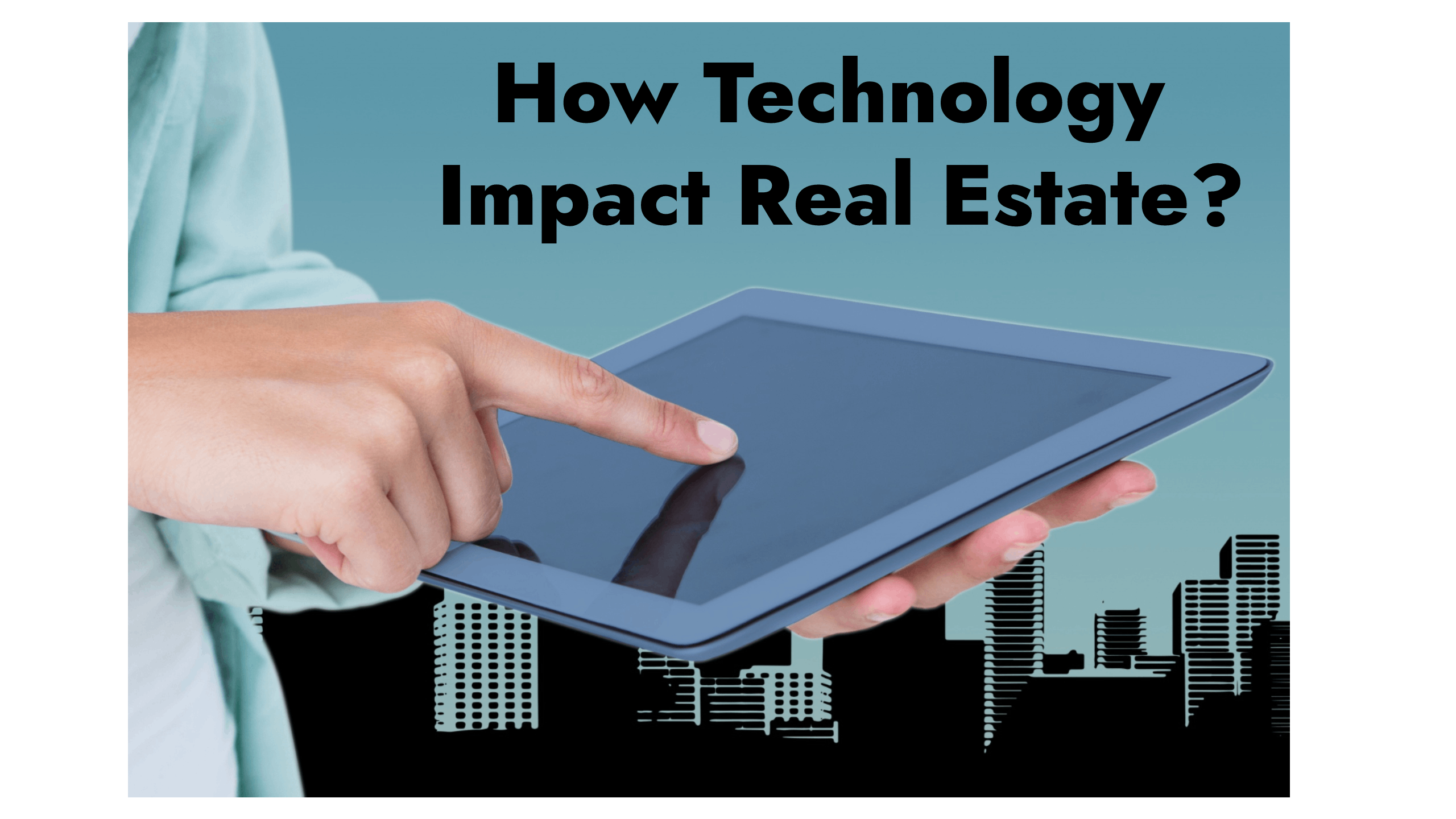Technology has revolutionized many industries, and the real estate industry is no exception. In recent years, the integration of technology in the real estate sector has transformed the way properties are bought, sold, and managed. From virtual property tours to blockchain-based transactions, technology has impacted real estate in numerous ways. In this article, we will explore the impact of technology on the real estate industry.
Virtual property tours
One of the significant impacts of technology on the real estate industry is the availability of virtual property tours. With 3D virtual tours, buyers can explore a property from the comfort of their homes, without the need to visit the site physically. Virtual tours offer a detailed view of the property’s layout, size, and design, allowing buyers to make informed decisions about whether to visit the property in person or not.
Online property listings
The advent of online property listings has made it easier for buyers and sellers to connect. Real estate websites and mobile applications provide a platform for property owners to list their properties for sale or rent, while also giving buyers access to a wide range of properties. Online property listings also offer detailed information about the property, such as price, location, and features, making it easier for buyers to compare and make informed decisions.
Big data and analytics
The use of big data and analytics has revolutionized the real estate industry, providing valuable insights to property investors, developers, and real estate agents. Big data analytics allows industry professionals to analyze trends, identify potential investment opportunities, and make informed decisions about pricing and marketing properties. It also helps to predict market trends, allowing property investors to plan their investments more strategically.
Blockchain-based transactions
Blockchain technology has the potential to transform real estate transactions by making them more secure, transparent, and efficient. Blockchain-based transactions eliminate the need for intermediaries, such as lawyers and real estate agents, reducing transaction costs and increasing efficiency. They also provide a secure platform for property transactions, reducing the risk of fraud and increasing trust between buyers and sellers.
Smart homes
The rise of the Internet of Things (IoT) has led to the development of smart homes, which use technology to automate various aspects of home management, such as lighting, heating, and security. Smart homes offer several benefits, including energy efficiency, increased security, and improved comfort. They also increase the value of the property and appeal to tech-savvy buyers.
Mobile technology
Mobile technology has made it easier for real estate agents to connect with buyers and sellers on the go. Real estate agents can use mobile applications to access property listings, schedule appointments, and communicate with clients, making the buying and selling process more convenient for everyone involved.
In conclusion, technology has had a significant impact on the real estate industry, transforming the way properties are bought, sold, and managed. From virtual property tours and online property listings to big data analytics and blockchain-based transactions, technology has made the industry more efficient, transparent, and secure. The integration of smart home technology and mobile technology has also made the buying and selling process more convenient for everyone involved. As technology continues to evolve, the real estate industry is sure to benefit from further innovation and advancements.

Kurtis Marsh is a technology enthusiast and internet entrepreneur based in Georgia. He has been writing about technology for over 4 years, with a focus on security, privacy, and emerging trends. He enjoys exploring and experimenting which has led him to experiment with various coding projects and software applications. His passion for technology analysis has allowed him to develop his skills and help him give advice on the best new products. He is always looking for the latest information to bring to his readers.




